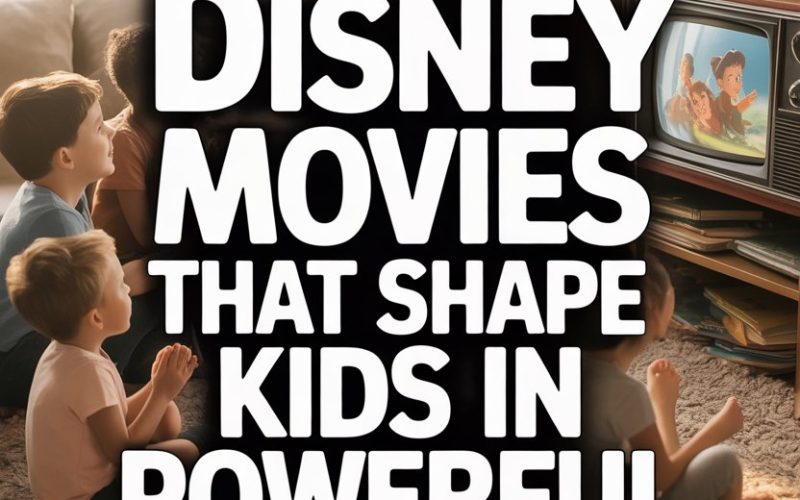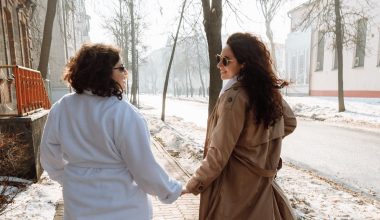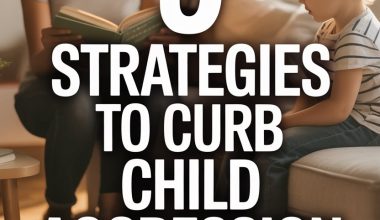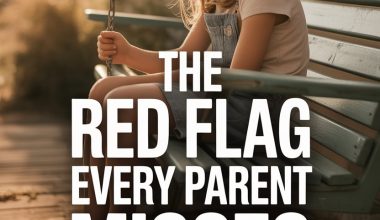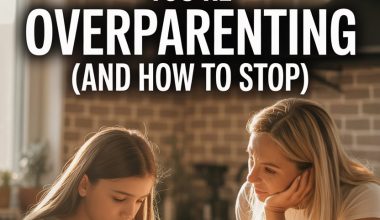Busy parents, take heart: screen time isn’t always the villain in your household story. Some Disney films do more than keep the peace while you coax peas into a toddler’s mouth.
The right movie can spark empathy, courage, and resilience—without a single worksheet or motivational chart required.
Here’s how some classic and modern Disney tales manage the magic trick of shaping kids in powerful, lasting ways (with popcorn optional, but highly recommended).
1. The Lion King Teaches Kids About the Circle of Life (and Hard Truths)
Chances are, you know this one by heart—cue Elton John—but there’s a reason it’s on every “best of” list. The Lion King doesn’t sugarcoat grief, responsibility, or loss.
Yes, Mufasa’s fate triggers a deluge of parental tears every time, but for kids, it’s an introduction to big feelings and how life rarely goes to plan.
What makes Simba’s journey so impactful is the messy, complicated process of facing mistakes and stepping up.
Kids see a character who runs from guilt, denies responsibility, then claws his way back (with a little help from some catchy warthog philosophy). This is resilience in action—no textbook required.
Try this: After the credits roll, ask your child what they would have done in Simba’s paws. You might be surprised by their insight.
2. Frozen Empowers Kids to Embrace Their Uniqueness
You’ve probably heard “Let It Go” more times than you’ve heard your own name—apologies for the earworm—but beneath the frosty spectacle sits a powerful message about self-acceptance and sibling love.
Elsa spends much of the film wrestling with her own gifts, terrified they’ll hurt others or mark her as ‘too different’.
The real magic arrives when she learns that shutting herself away causes more harm than the powers themselves.
Anna, ever the optimist, models loyalty and unconditional support, even when it means venturing into danger (and awkward new footwear).
If you’ve got a child who’s a little quirky, shy, or just struggling to fit in at school, watching Elsa’s transformation can spark discussions about celebrating what makes each of us special—even when the world seems intent on handing out matching snow boots.
3. Inside Out Helps Kids Name and Tame Big Emotions
Ever wished your child could explain why they’re suddenly sobbing over a broken biscuit?
Inside Out hands kids a manual for their own brains—complete with color-coded emotions, memory orbs, and the world’s most loveable imaginary friend.
The beauty of this film is its honesty: Sadness isn’t a villain, and Joy doesn’t always have all the answers.
Kids learn that feeling glum, scared or even angry doesn’t mean something is wrong with them. In fact, clinical psychologists have praised Inside Out for its emotional insight.
A practical use? When your child is having a meltdown, try asking, “Is this a Joy, Sadness, Anger, Fear or Disgust moment?”
Suddenly, those tricky feelings aren’t monsters under the bed—they’re just visitors, all with a purpose.
4. Moana Nurtures Perseverance and Self-Belief
Tropical islands. A rebellious demigod. An ocean with a mind of its own.
Moana sails beyond the reef, but the real journey is about standing up for what you know is right—even when everyone (including yourself) has doubts.
This isn’t just an adventure story. Moana feels fear, makes mistakes, and argues with her own limitations.
Yet she keeps going, not because she’s never scared, but because she’s learned to listen to her own voice amid the noise.
For kids who worry about failing or disappointing others, Moana offers a model of determination.
And for parents, it’s a chance to point out that real heroes don’t always know the answers. They just show up and keep trying.
5. Zootopia Models Inclusion and Tackles Prejudices
A bunny cop and a sly fox solve a mystery and bust stereotypes along the way. Zootopia turns a police procedural into a lesson about bias, diversity, and seeing beyond labels.
This film is a gentle, witty introduction to the realities of discrimination and the power of allyship. Judy and Nick encounter characters who doubt them, pigeonhole them, and even try to use their differences against them.
Through humor (and a DMV run by sloths), the film teaches the importance of standing up for justice, even when it’s hard.
Try pointing out the ways Judy and Nick use their unique strengths to solve problems that others can’t.
If your child brings up tricky playground politics, “What would Officer Hopps do?” isn’t a bad question to ask.
6. Finding Nemo Normalizes Anxiety and Celebrates Courage
If you’ve ever hovered nervously at the edge of a birthday party or double-checked the school rucksack for the twentieth time, Marlin the clownfish is your spirit animal.
Finding Nemo dives into parental anxiety, yes—but more importantly, it shows kids what courage looks like for both adults and children.
Nemo’s journey is about independence, but Marlin’s is about trust. Both characters face their fears, make mistakes, and forgive themselves along the way.
For children who struggle with separation anxiety or parents who secretly wish they could bubble-wrap their offspring, this film gently reminds us all that bravery is sometimes just taking the next small step.
After viewing, ask your child what they think was the bravest moment in the film. Their answer might surprise you (and probably won’t involve sharks).
7. Coco Connects Kids to Family and Cultural Heritage
Colourful, musical, and unapologetically sentimental, Coco is a love letter to family history and the stories we carry. Miguel’s desire to play music runs up against generations of family tradition, sparking a wild adventure in the Land of the Dead.
What sets Coco apart is its respectful, joyous celebration of Mexican culture and its exploration of memory and loss.
The film encourages children to be curious about their own roots, to ask questions about grandparents and great-aunties, and to understand that saying goodbye doesn’t mean forgetting.
If your child seems curious about their family or culture, use Coco as a springboard.
Cook a meal from your own history, dig out an old photo album, or share a bedtime story about when you were small. Just keep some tissues handy for “Remember Me.”
8. Encanto Champions Empathy and the Power of Vulnerability
Bruno may dominate the memes, but Encanto’s real heart lies in its exploration of family pressure and the masks we all wear.
Mirabel’s lack of a magical gift sets her apart, yet she becomes the glue that holds the family together—not by pretending, but by being herself.
Encanto breaks open the myth that “being special” means never struggling. Every character has insecurities, even if they’re hidden behind mountains of strength or perfect bouquets.
Psychologists have noted how Encanto helps kids unpack perfectionism and learn to ask for help.
Try using the film as a way to talk about pressure to succeed—at school, at sports, or just in being the ‘easy’ child. Admitting struggles isn’t weakness, as Mirabel proves over and over.
9. Big Hero 6 Shows the Value of Teamwork (and Dealing with Loss)
A boy, a balloon robot, and a crew of lovable nerds take on the world. Big Hero 6 may boast superhero action, but its real achievement is showing how grief can be softened through friendship and purpose.
Hiro copes with loss by shutting down, but his journey with Baymax and the rest of the team demonstrates that healing often isn’t a solo mission.
Kids see that everyone brings something unique to the table—brains, bravery, compassion, even a knack for inventing fire-breathing gadgets.
If your little one is feeling left out or struggling with teamwork, this film is a subtle reminder that we’re not meant to go it alone.
Sometimes the best answer really is to ask for help, even if your ‘helper’ is an inflatable nurse.
10. Mulan Breaks Gender Stereotypes and Celebrates Courage
Warriors don’t always look the way legends say they should.
Mulan’s journey from anxious daughter to battlefield hero shows children that courage isn’t about brawn or bravado—it’s about doing the right thing, even when nobody’s watching.
The film tackles gender norms head-on, but also highlights resourcefulness, integrity, and the messy reality of figuring out who you are.
For children who feel pigeonholed by expectations—whether it’s “boys don’t cry” or “girls can’t be strong”—Mulan smashes those molds with a flourish (and an epic training montage).
Chat with your child about a time they felt underestimated, and what they’d do if they could rewrite the rules. Mulan’s story has a way of sticking with kids long after the credits roll.
Making Movie Night Matter
Screen time gets a bad rap, but not all films are created equal.
Disney’s best stories offer more than just escape—they’re modern fairy tales that help children process feelings, understand others, and believe in themselves.
Sometimes, a bit of wisdom sneaks in between the pratfalls and singalongs.
Next family movie night, pick a film from the list and watch what happens. You might get some thoughtful conversation, a newfound favourite character, or just a brief and blessed reprieve from the chaos.
Either way, keep the remote—and the tissues—close.
You never know which story will become your child’s own guidebook for growing up.
